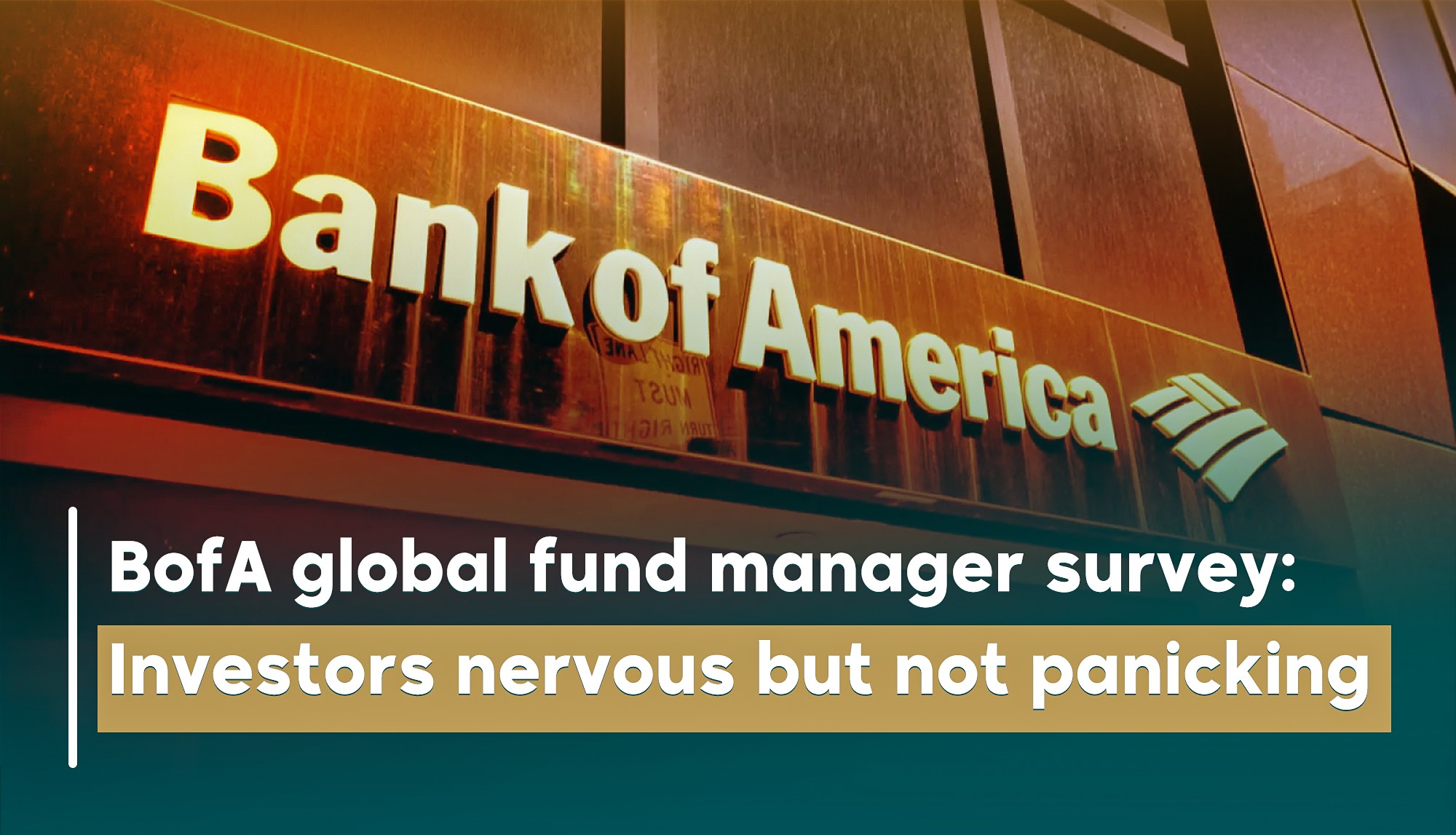Bank of America confirmed that investors are feeling anxious but are not yet panicking, which was one of the main conclusions of the latest survey conducted among investment fund managers.
The results also show an increase in liquidity levels from 4.1% to 4.3%, and a decrease in the percentage of investors who are overweight in equities, which fell from 51% to 31%.
Optimism regarding capital expenditures has reached its lowest level in nine months, but there is still strong optimism about a soft landing, with 76% of participants expecting this outcome. However, investors now believe that the Federal Reserve will need to implement more stringent rate cuts to avoid a recession, with 60% of them expecting four or more rate cuts in the next twelve months.
Meanwhile, global growth expectations have sharply declined, yet the odds of a “soft landing” have increased from 68% to 76%, while the odds of a “no landing” scenario have dropped from 18% to 8%, and the expectations of a “hard landing” have slightly risen from 11% to 13%.
The survey also highlights that 40% of investment managers are calling on CEOs to improve their companies’ balance sheets. Despite the ongoing boom in artificial intelligence, the appetite for increasing capital expenditures has declined to 24%, the lowest level since November 2023.
In terms of monetary policy, 93% expect a decrease in short-term interest rates, and 59% expect lower bond yields. Despite recent volatility in the Japanese yen, 63% of investors still view the yen as undervalued. In the face of increasing volatility, near-term risks, and an index heavily weighted with large-cap companies, Bank of America’s strategists recommend choosing active stocks rather than merely buying the index.
They note that “historically, high-quality stocks have been one of the best hedges against volatility.” While the strategists see emerging opportunities outside the tech sector as earnings growth broadens, they also acknowledge that some tech stocks may emerge as long-term winners, potentially offering more attractive entry points now.





